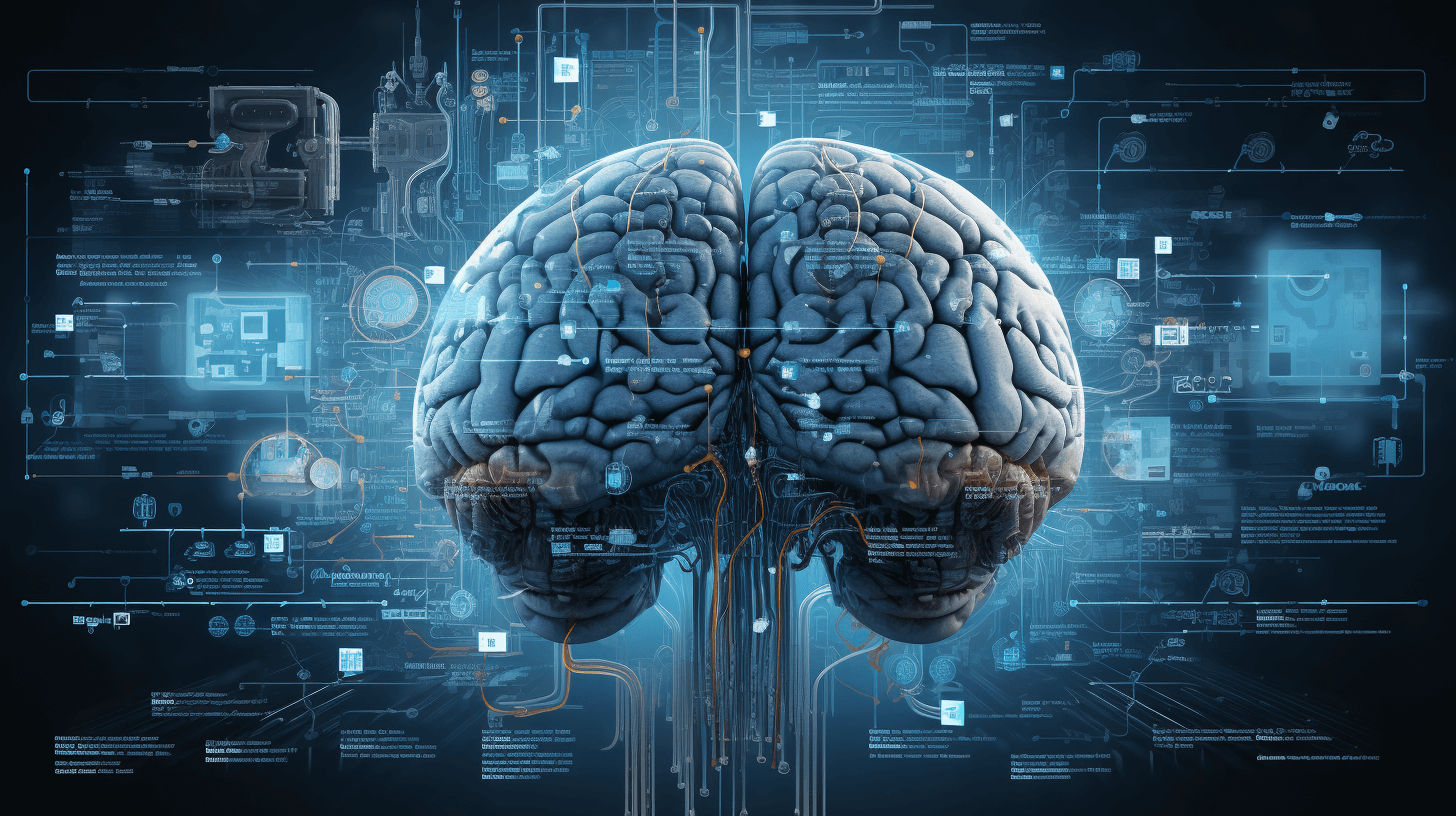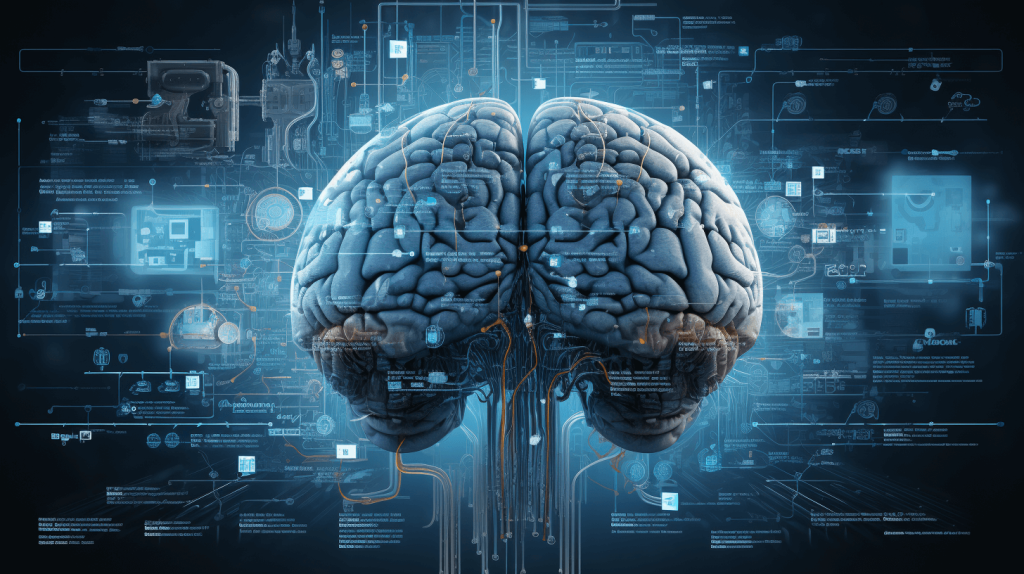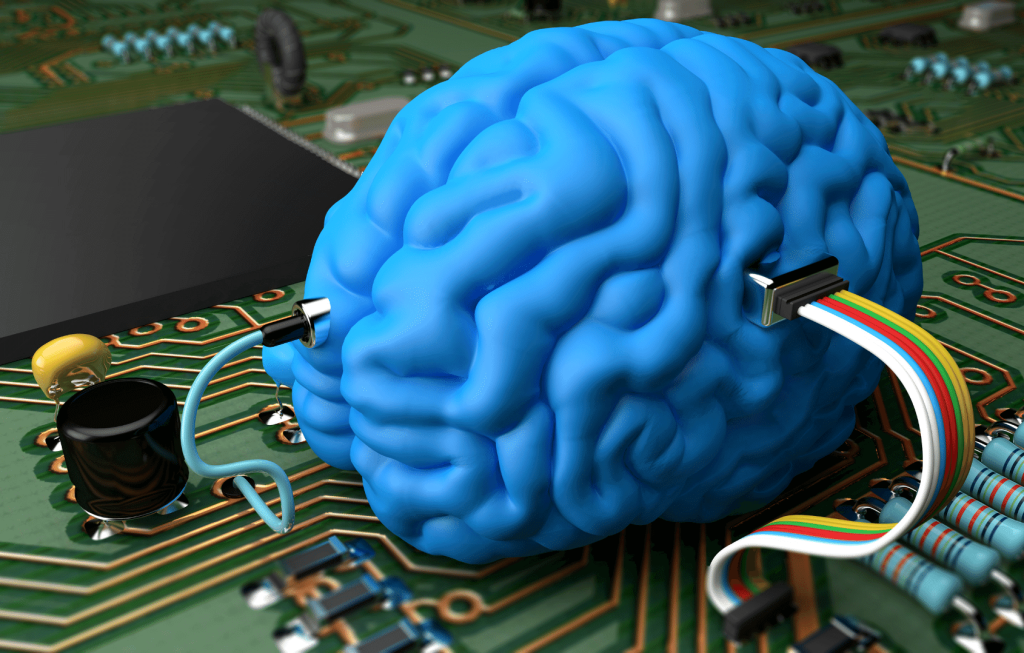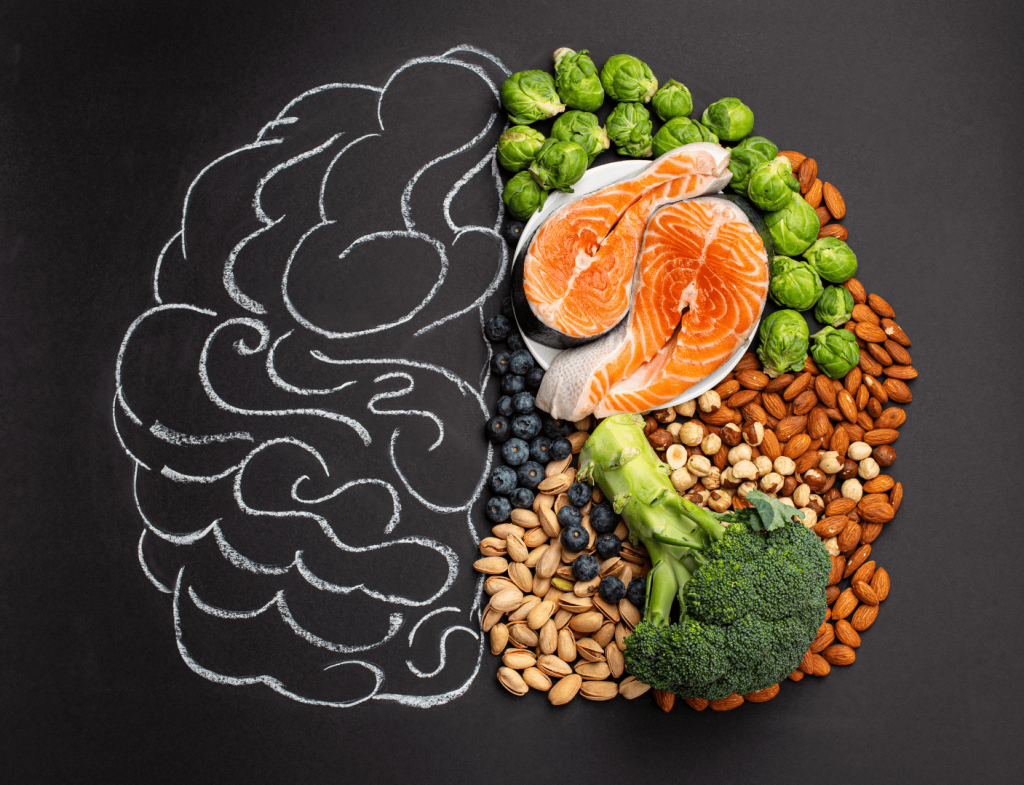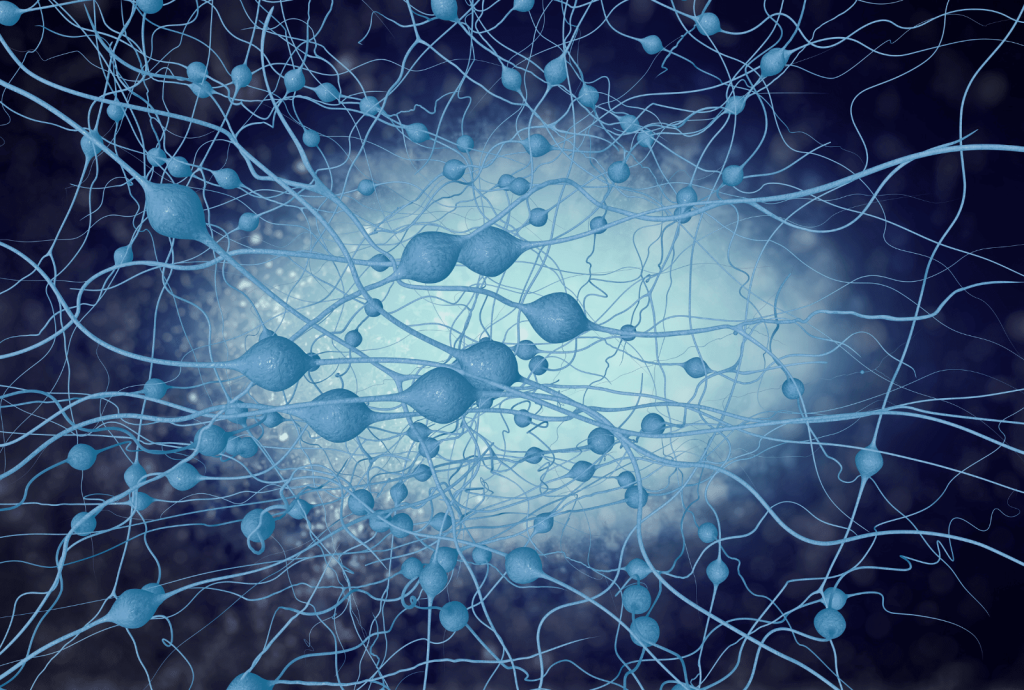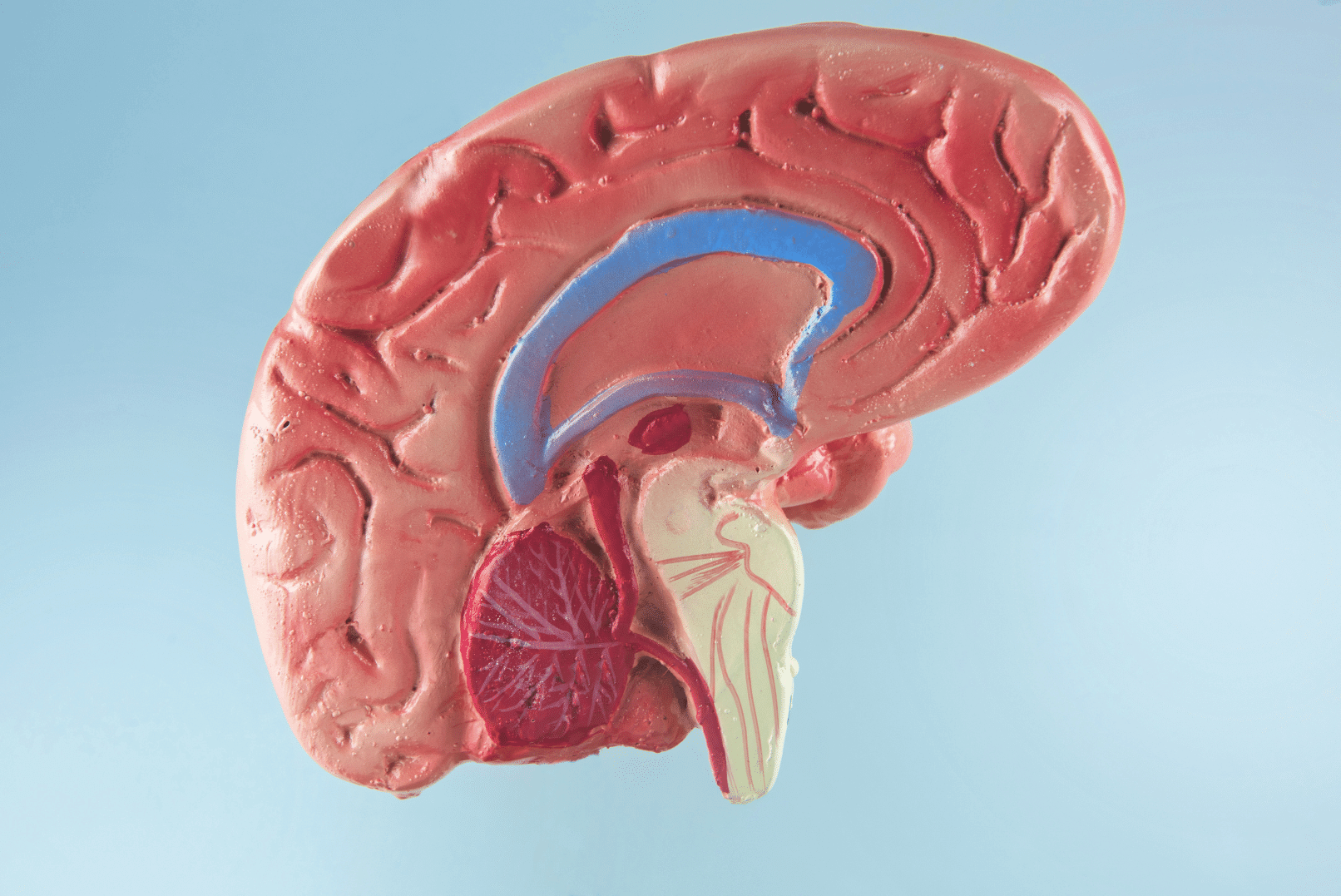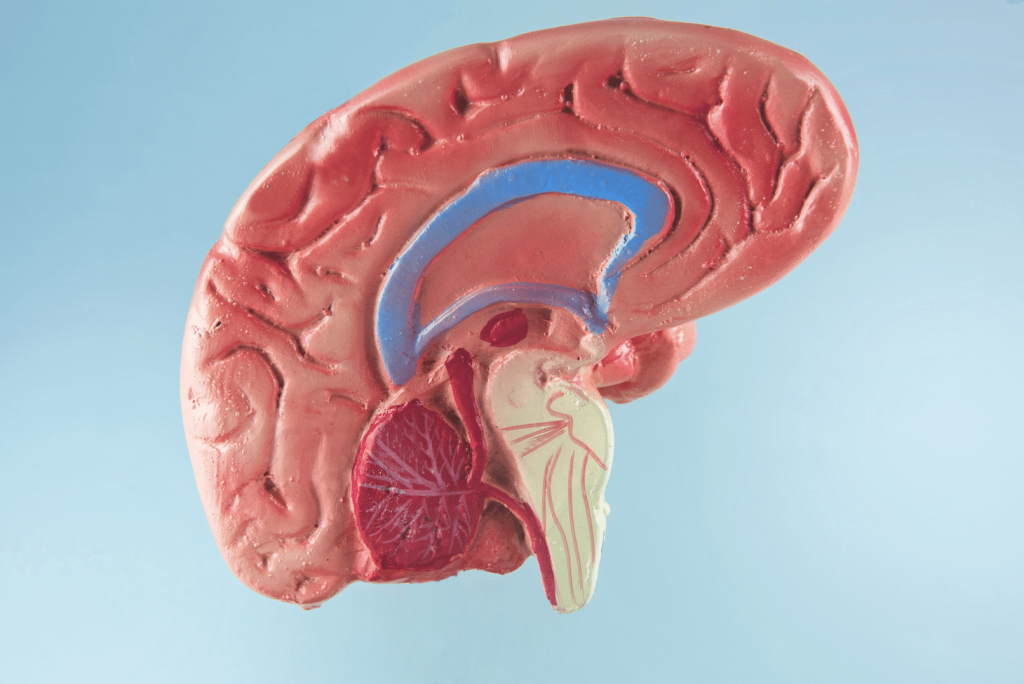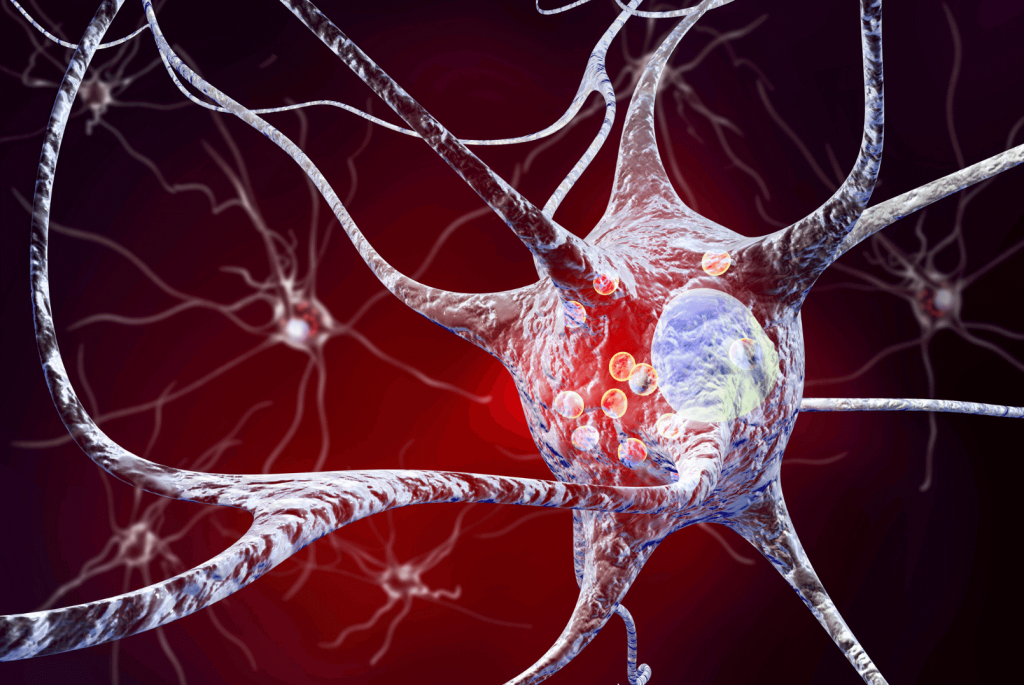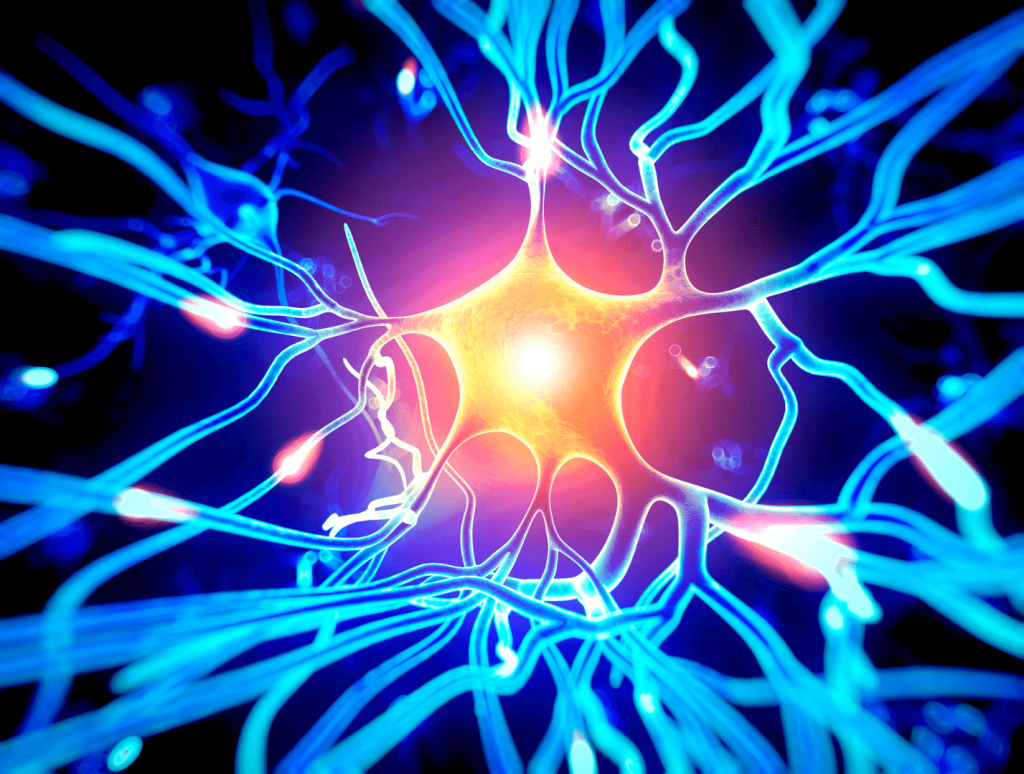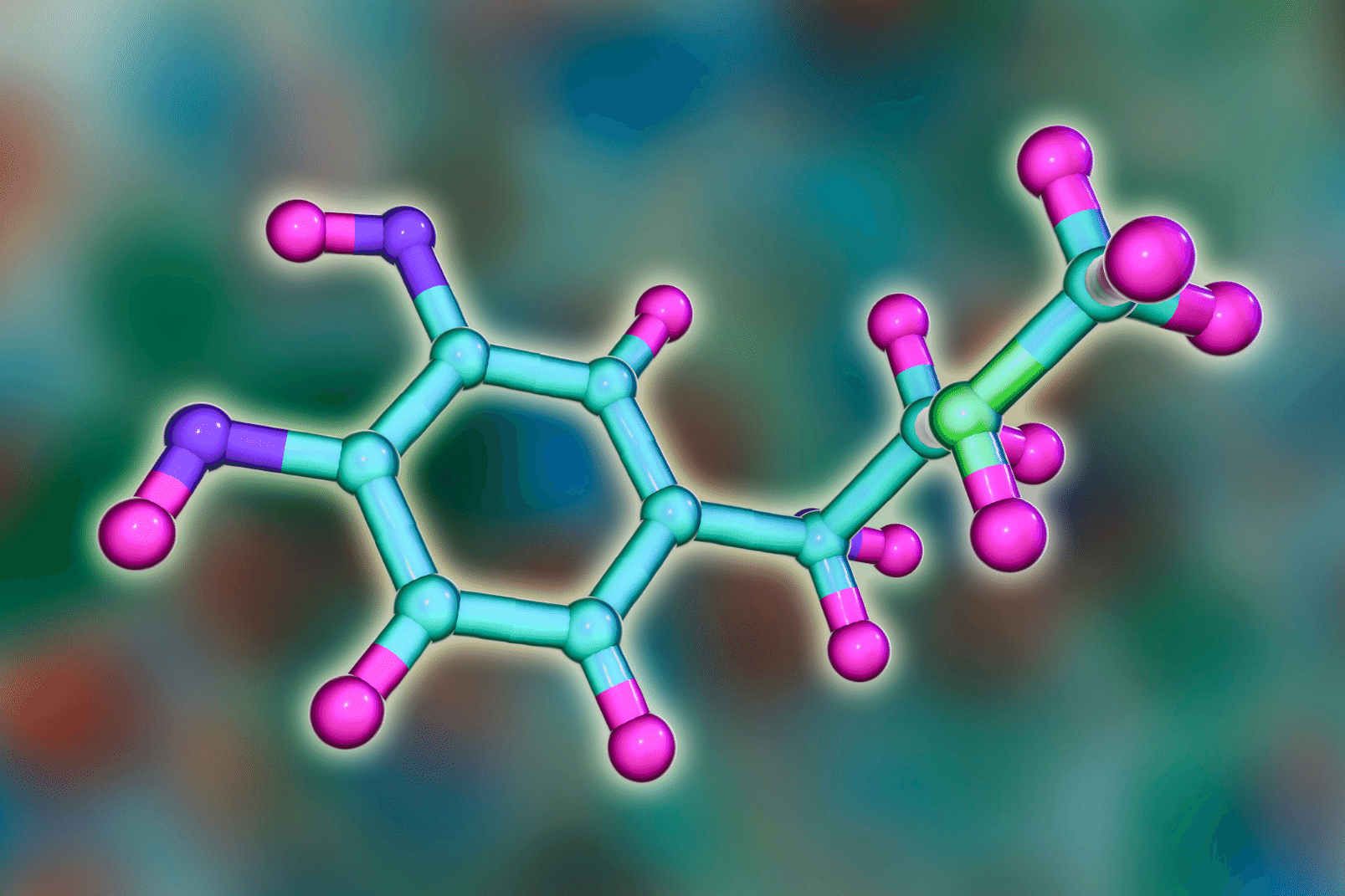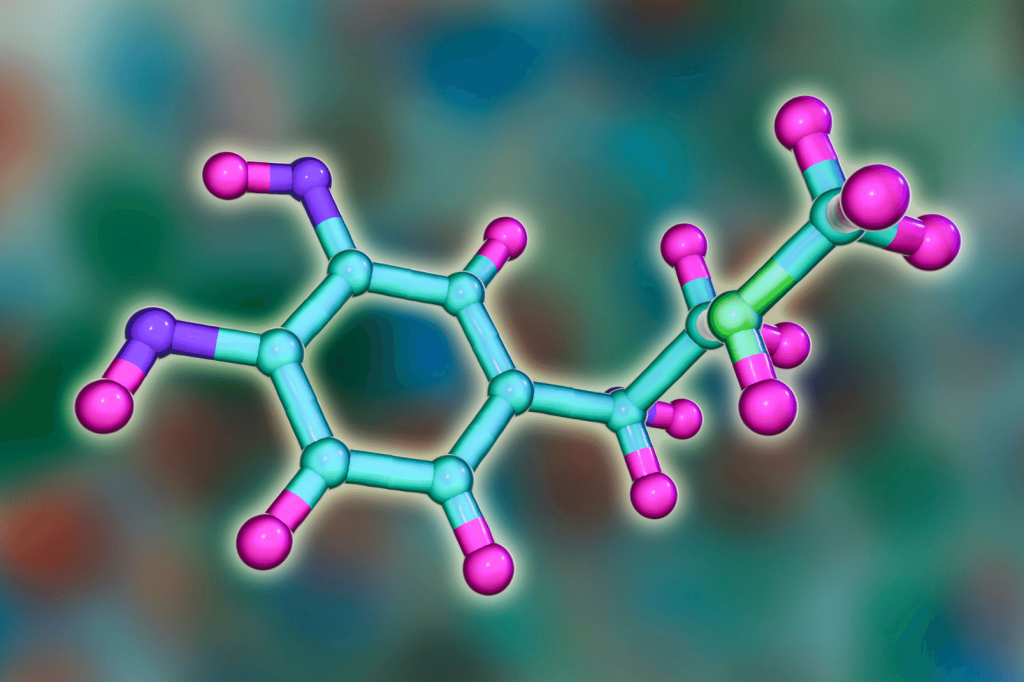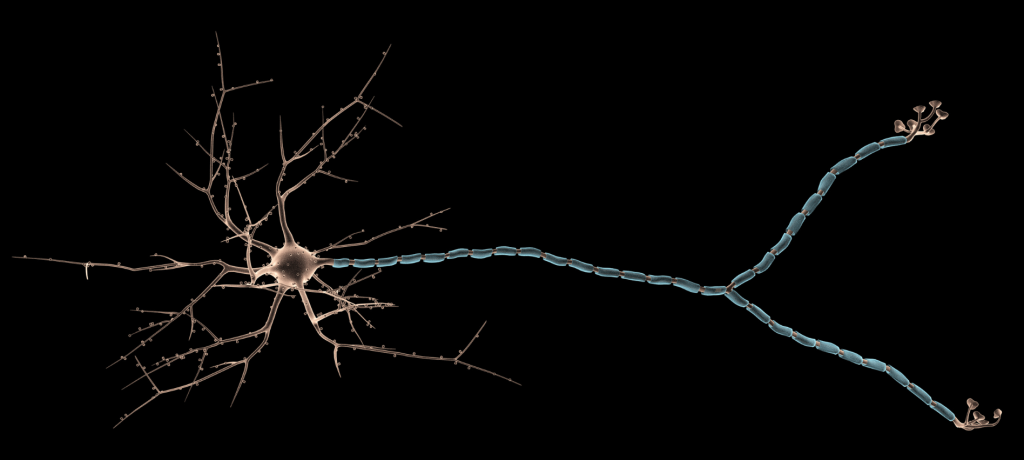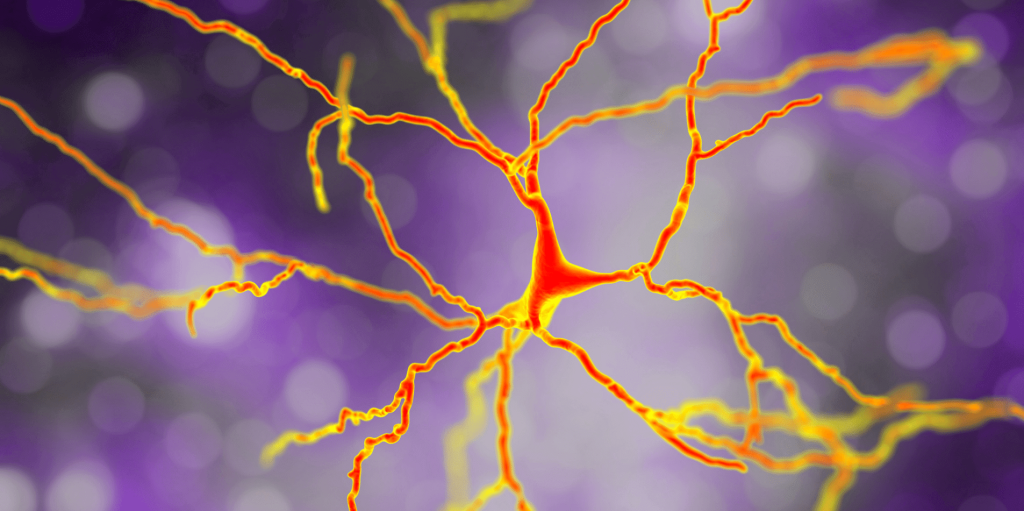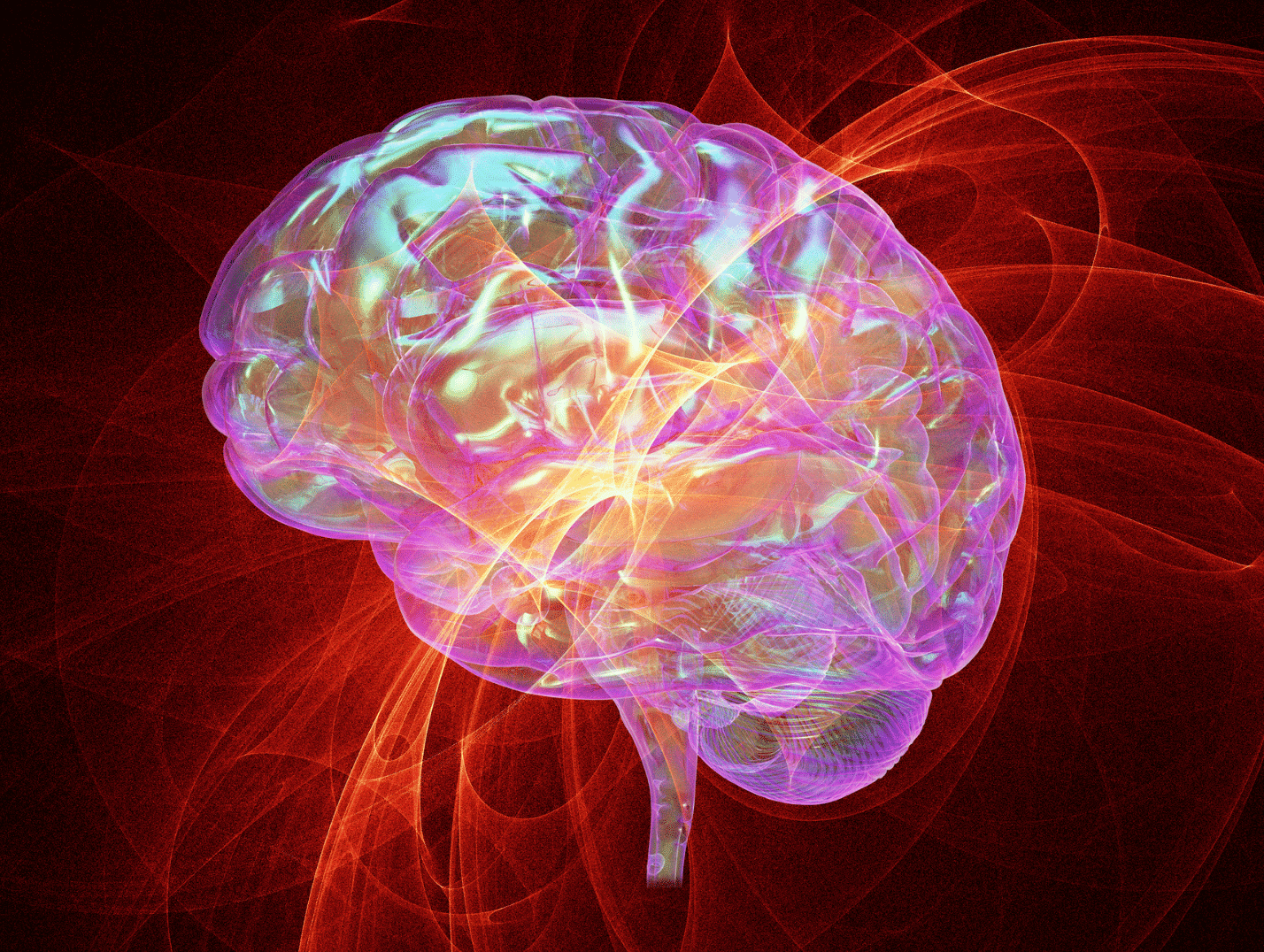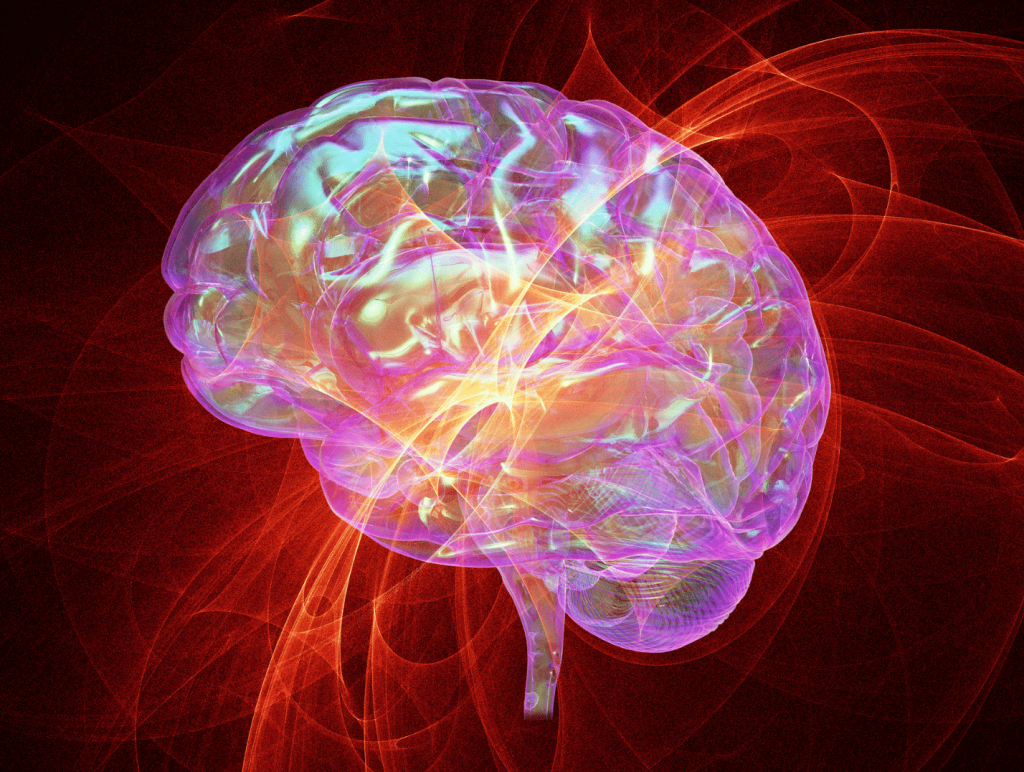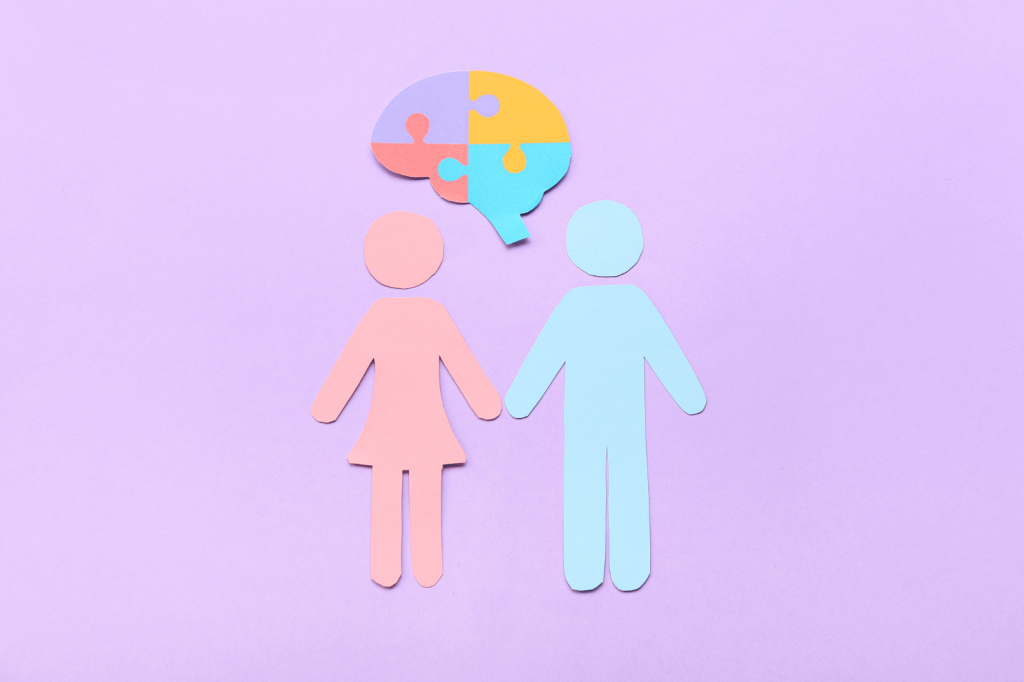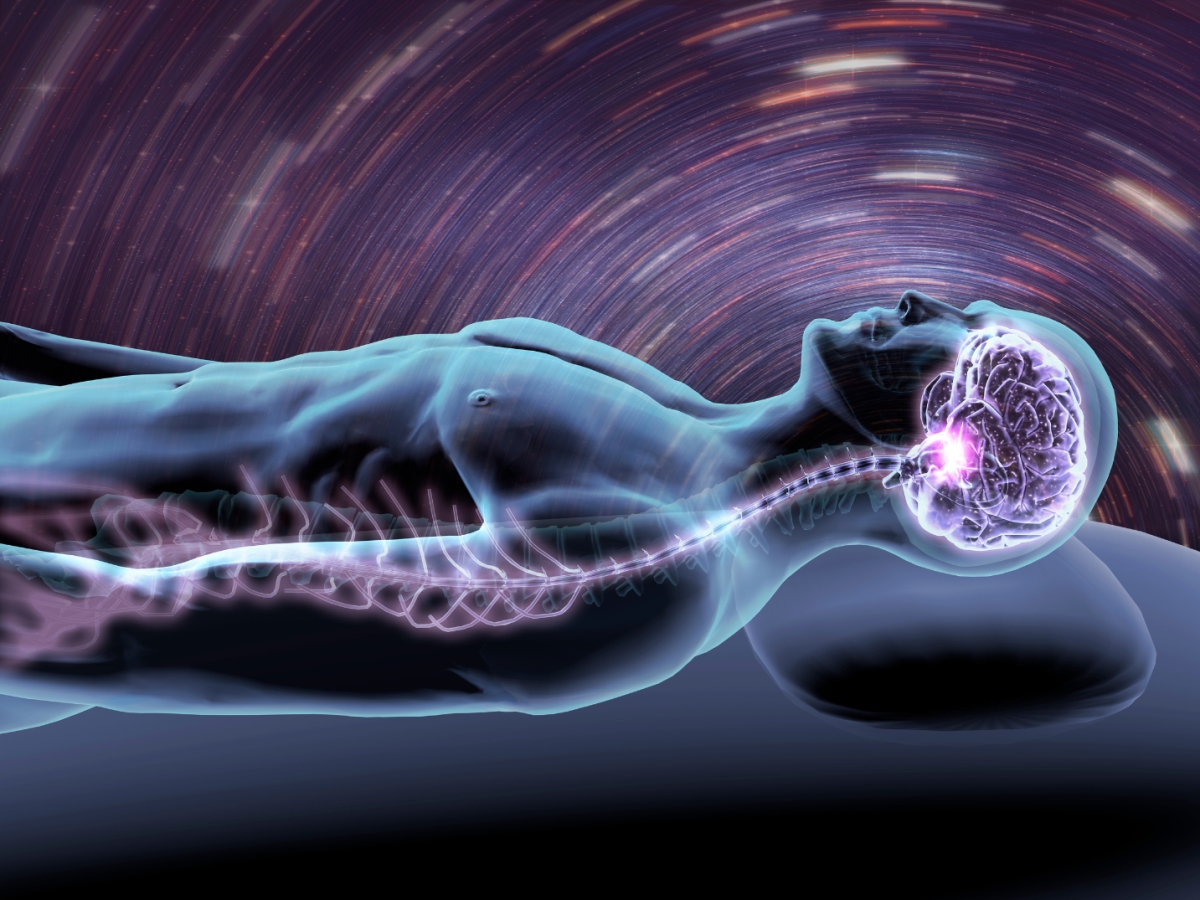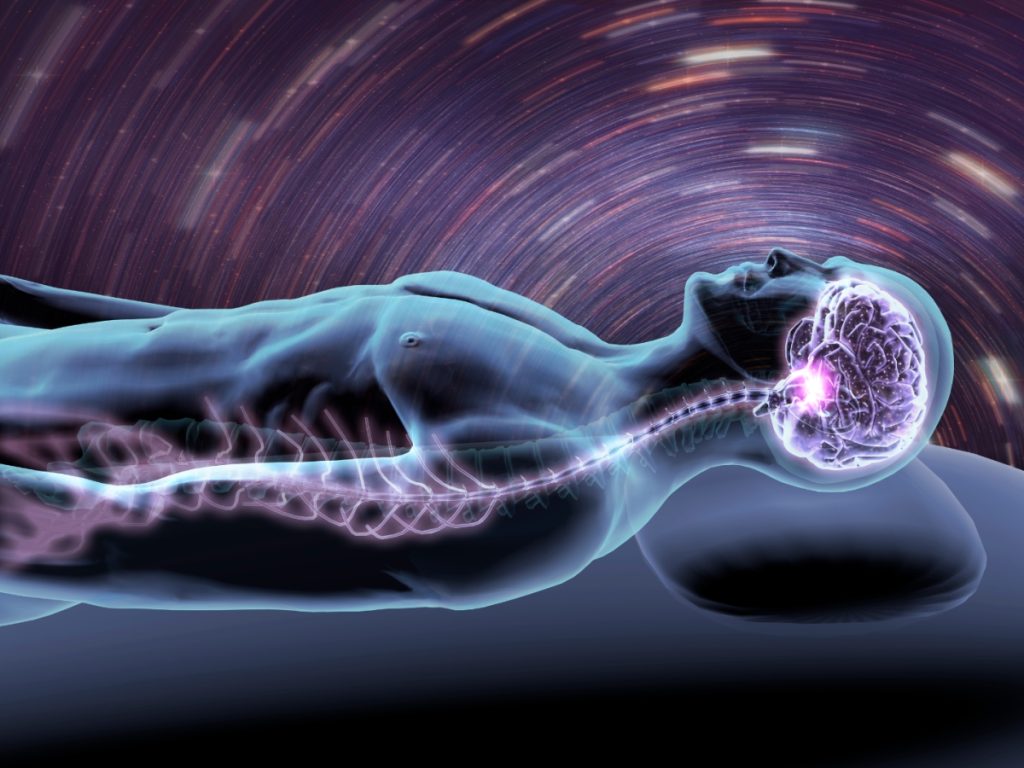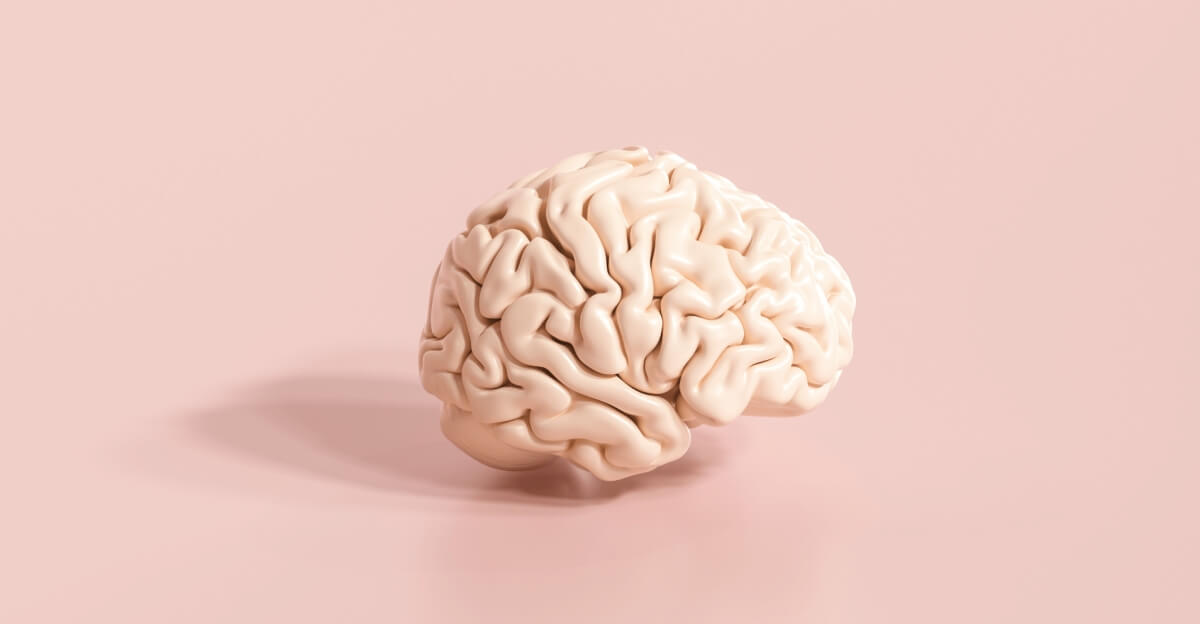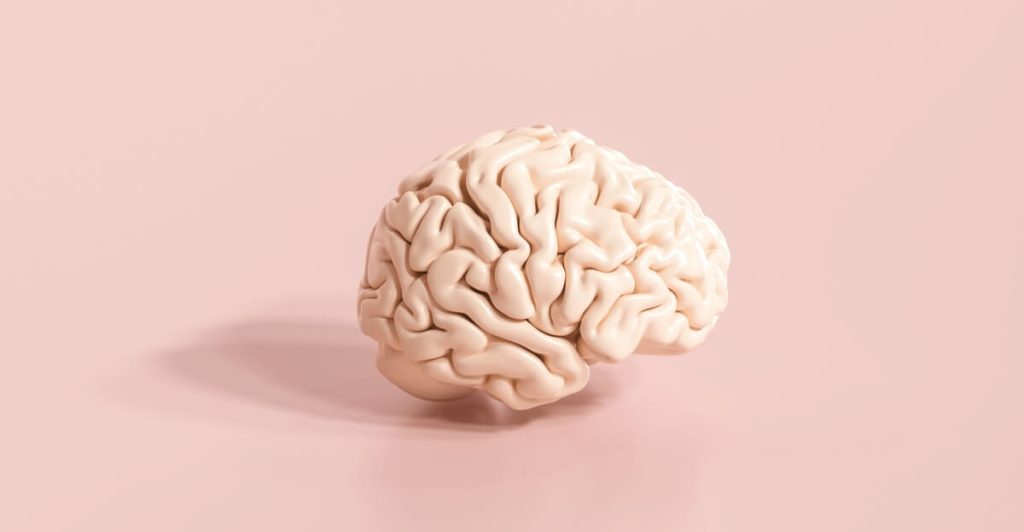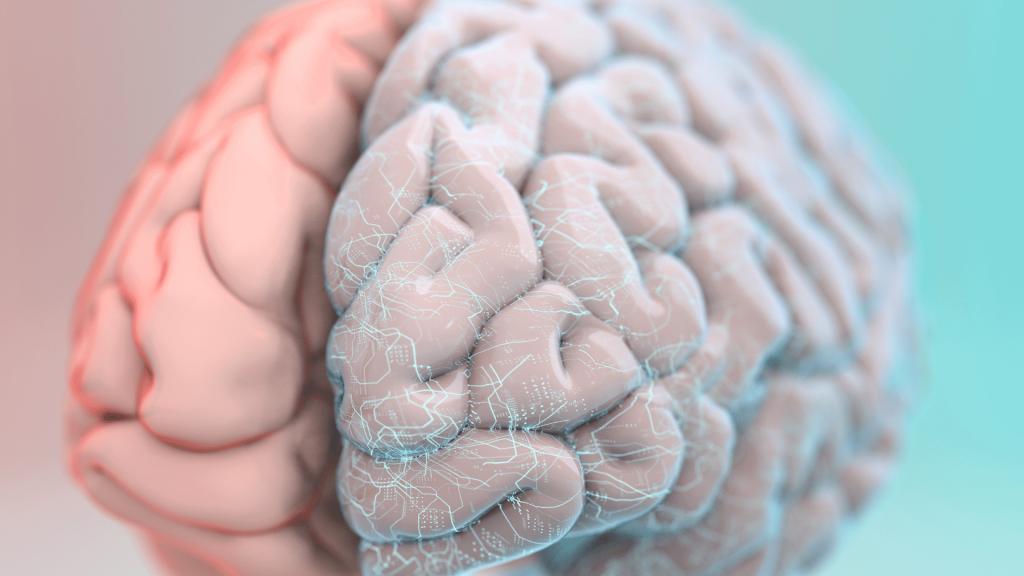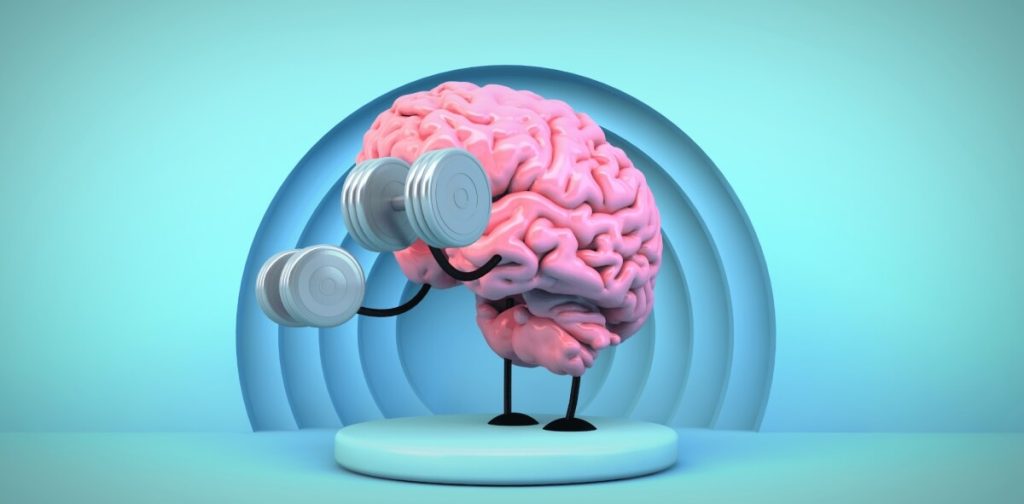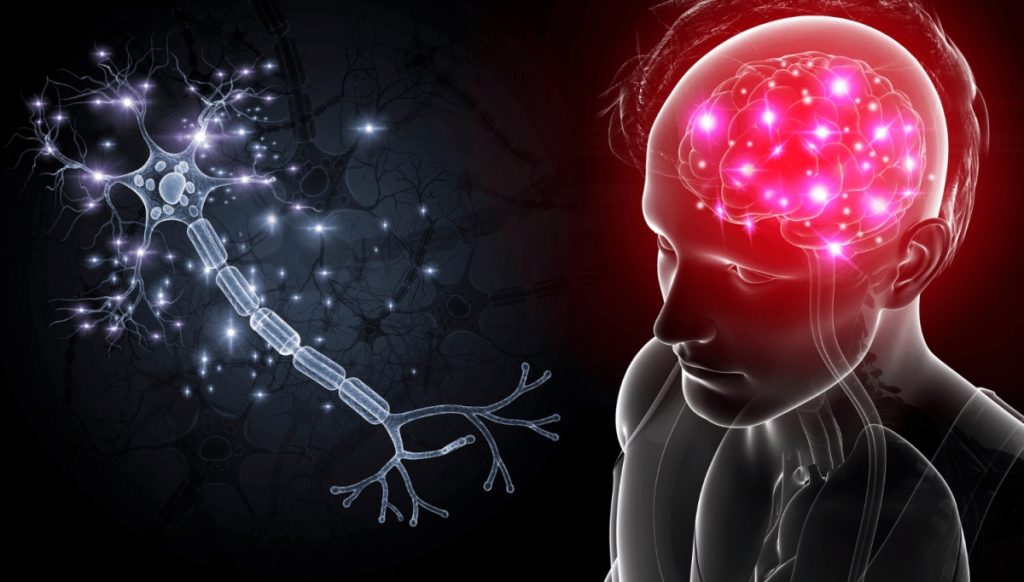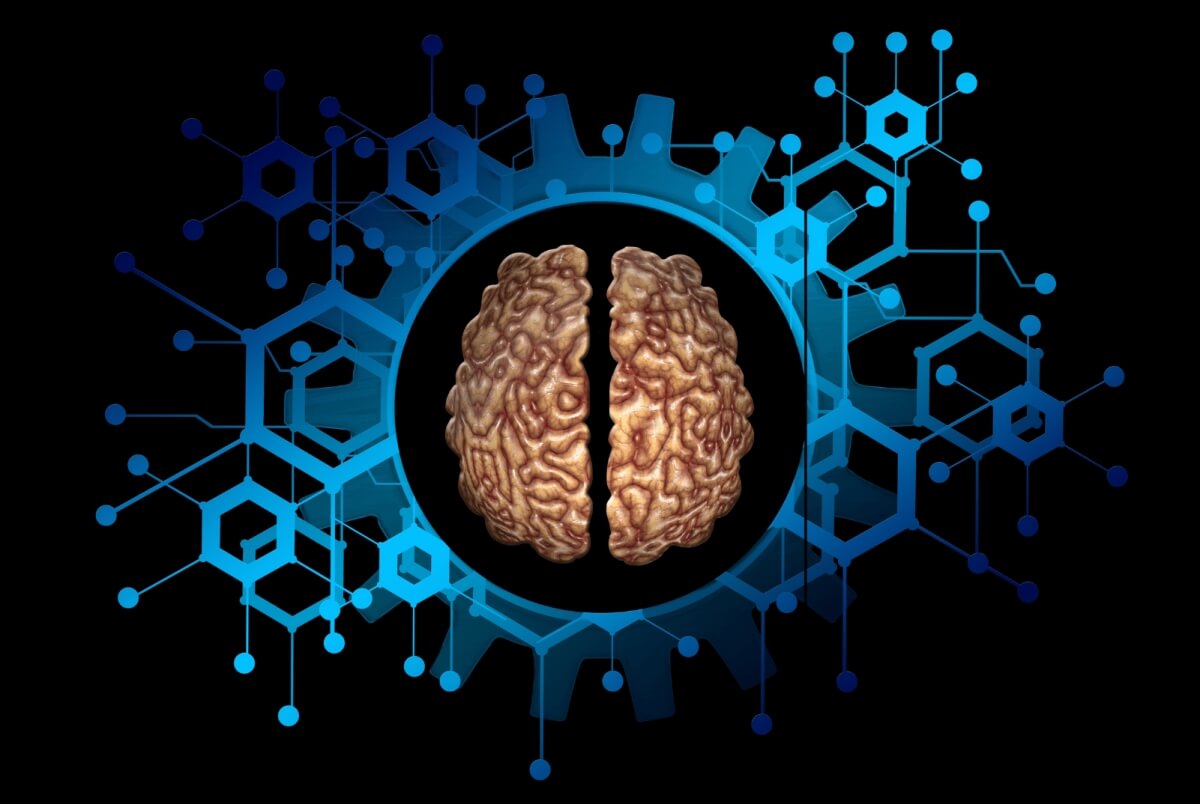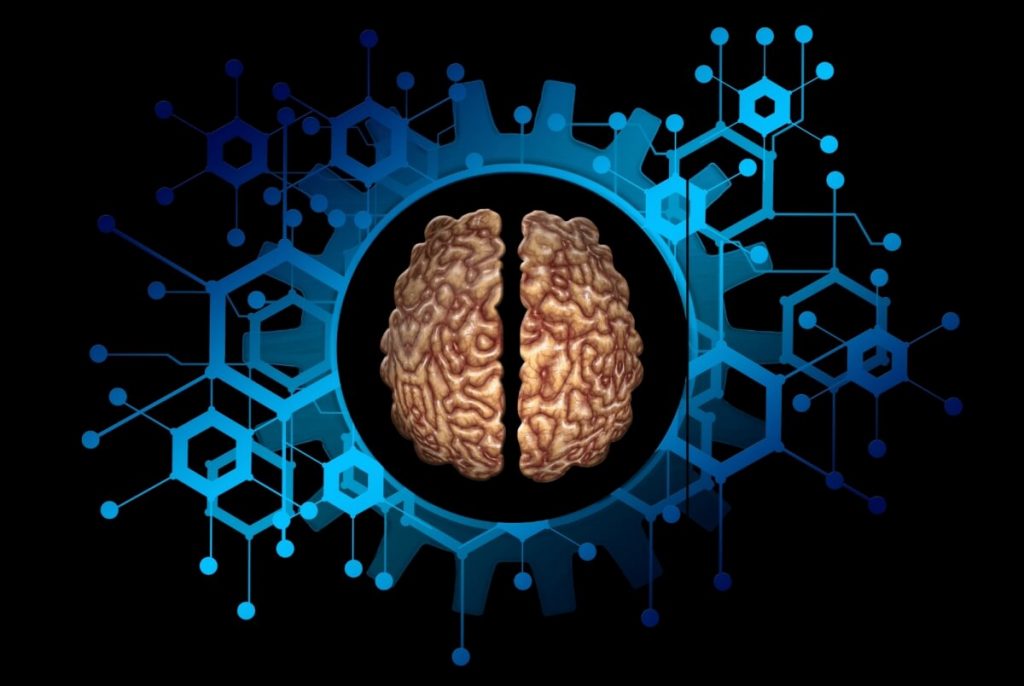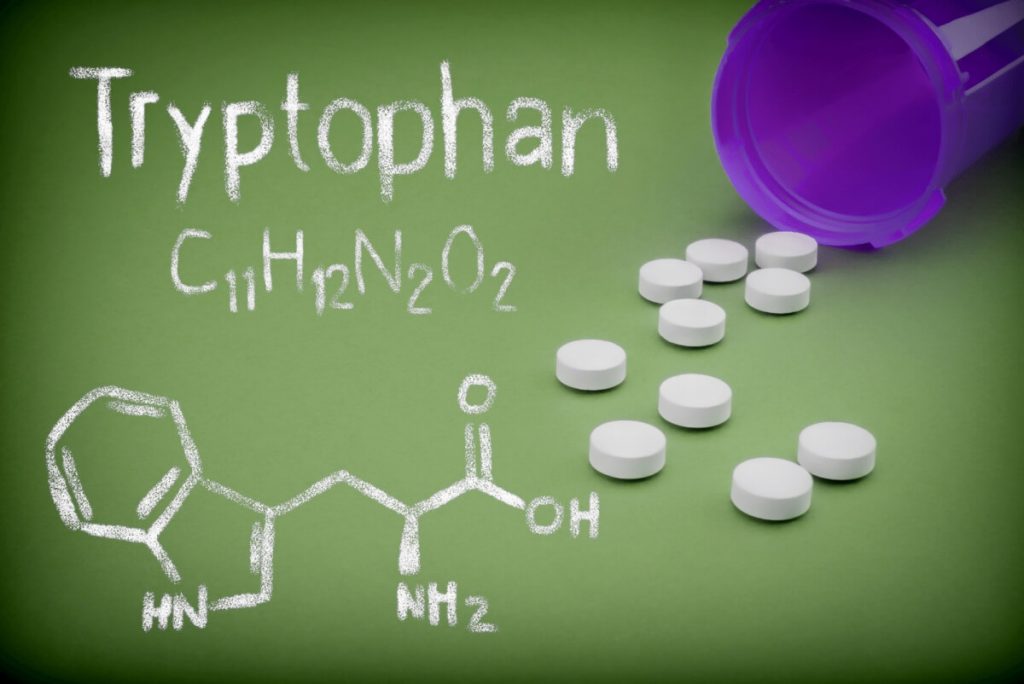Just like any other part of our body, the brain requires effective mechanisms to detoxify and maintain optimal function.
By integrating simple strategies into our daily routines, you can support your brain’s natural detoxification process, leading to clearer thinking, improved focus, and overall mental well-being.
What is Brain Detoxification?
Every day, your brain naturally detoxes to keep itself healthy. Brain detoxification is the process by which the brain clears out toxins, waste products, and other substances that may accumulate and interfere with normal functioning. Like the rest of the body, the brain has mechanisms to remove waste and maintain health.

What is the Brain Detoxification System?
Your brain needs to maintain homeostasis (balanced) for optimal function. The great news is that your body already has a system to continuously move waste. It’s called your glymphatic system.
The glymphatic system, a network in the brain, facilitates waste clearance and fluid transport, employing fluid movement around blood vessels and through a type of brain cell called astrocytes. This system operates by circulating cerebrospinal fluid (CSF) throughout the brain, which gathers waste and carries it away for elimination from the body.
Working alongside are glial cells, specialized brain cells, which collaborate with a network of channels surrounding blood vessels. Together, they eliminate waste products while supplying essential nutrients such as glucose, fats, and neuromodulators to the brain.
These channels, constructed by astroglial cells, form tunnels through which substances can freely move, ensuring efficient brain function and maintenance.
The glymphatic system is constantly working to remove waste and substances that can be toxic from your brain. Keep in mind the system is the most active when we’re asleep, especially during deep sleep stages.
When we sleep, a chemical called norepinephrine levels drop, which expands the spaces around brain cells. This expansion makes fluid flow through and wash away waste products easier.
During the deepest stage of sleep, also called slow-wave sleep, the brain produces slow, rhythmic waves that help move fluid even more efficiently, leading to better brain cleaning.
How to Detox Your Brain

Your brain naturally detoxes itself every day, but it’s possible your brain detoxification isn’t working optimally. Supporting brain detoxification to work its best involves more than just quick-fix methods.
Instead, it revolves around nurturing and supporting the glymphatic system by adopting healthy habits. Let’s look at some changes you may want to consider to promote clarity, focus, and overall brain health.
Sleep
Because the glymphatic system does most of its work while you sleep, it’s critical to get enough high-quality sleep.
Deep Sleep
A study explored the effects of sleep on cerebrospinal fluid (CSF) flow. Researchers used brain imaging techniques like Bold fMRI, EEG, and CSF measurements to determine when the brain is busiest during sleep.
When people were awake, cerebrospinal fluid (CSF) flow in the brain was rhythmic but not very strong.
During sleep, especially deep sleep, the flow of CSF became stronger and more pulsating, bringing more CSF into the brain than when awake. This increased flow helps clean the brain and provides more oxygen to brain cells.
Deep sleep is so important to keep our brains healthy, but how can we promote deep sleep? There are six major ways:
- Optimize light: Light dictates your circadian rhythm, so make sure to sleep in total darkness and avoid blue light at night.
- Optimize Temperature: Your body wakes up when it gets too hot. Make sure to keep your bedroom cool, and if that’s not enough, look into purchasing a cooling mattress pad.
- Avoid Pressure Points: Your body will wake you up if there is any constricted blood flow. A memory foam mattress is a great option for side sleepers to relieve pressure. A healthier option is an organic tree sap mattress.
- Be Consistent and Early: To optimize your sleep, listen to your body’s cues and head to bed when you feel tired to avoid experiencing a second wind that could disrupt your sleep. Consistency is key to supporting your circadian rhythm, so maintain a regular sleep schedule whenever possible.
- Meal Timing: Avoid eating within 2-3 hours of bedtime to ensure your stomach is empty before sleep.
- Master Your Brainwaves: Boost your alpha brain waves and lower your beta brain waves before sleep. Techniques like mindfulness meditation, deep breathing exercises, or progressive muscle relaxation can help promote relaxation and ease. This makes it easier to fall asleep and experience restorative sleep throughout the night.
For more ideas on how to support deep sleep, check out this article.

Sleep Position
You may also better support your glymphatic system by sleeping in the right position.
This idea was first discovered in an animal study. The study wanted to see if sleeping in different positions affected how the glymphatic system works. Subjects were kept still in three different sleeping positions: on their back, on their belly, and on their side.
Using MRI scans, researchers observed that subjects lying on their side had better brain waste clearance than those lying on their back or belly. Brain waste clearance was slower and less efficient when subjects were on their belly.
A later study in humans explored the relationship between sleep position and normal age-related cognitive decline.
Participants with cognitive decline tended to sleep on their backs more frequently than those with normal cognitive functions and for more than two hours per night.
Exercise
Regular exercise may help promote brain health and support the glymphatic system’s ability to remove toxins and waste from the brain. It does this in a couple of ways.
First, exercise stimulates the production of certain molecules to help regulate the glymphatic system’s activity. This enhances its efficiency in clearing waste products from the brain.
A study explored this using an animal model. Older mice exercised by running on a wheel. To see if exercise helped their brains, researchers tested their ability to remember locations in a water maze.
Over six weeks, voluntary running:
- Improved brain protein balance
- Reduced inflammation
- Enhanced cognition
Exercise boosted glymphatic waste clearance. Researchers injected a special dye into the space around the brain and spine, and then took pictures to see how the dye moved through the brain and how fast the brain got rid of it.
Initially, the dye levels were the same in the running and non-running mice. However, dye intensity peaked in the running group at 15 minutes before gradually diminishing. At 30 and 60 minutes, the running subjects had significantly less dye than those not running, indicating accelerated clearance.

Possibly due to increased glymphatic system activity, amyloid-beta buildup (known for its role in cognitive decline and neurodegeneration) was lower in running subjects. It also accelerated waste removal by increasing fluid movement around brain cells and raised levels of AQP4, a protein aiding fluid flow in the brain.
Regular exercise is also associated with improved sleep quality, which we’ve already covered is essential for optimal glymphatic system function.
A meta-analysis of 35 clinical trials, including over 3,500 participants, explored the effects of exercise on sleep quality. Moderate-intensity muscle endurance training combined with walking was the most effective exercise for enhancing sleep quality. The exercise was 40- to 60-minute sessions, two to seven times a week for at least 8 weeks.
Another meta-analysis of 13 studies with 2,600 patients examined the effects of physical activity on sleep. The studies included a range of exercises including:
- Yoga
- Cycling
- Walking
- Pilates
- Elastic bands
- Healthy Beat Acupunch
In all studies included, exercise improved sleep quality. The strongest improvements in sleep quality were associated with participation in an exercise program at a facility rather than home-based.
Whatever exercise you undertake, it’s important to get moving. The World Health Organization recommends getting at least 150 minutes of moderate exercise or 75 minutes of vigorous exercise weekly.
Omega-3s

Your brain contains many omega-3 polyunsaturated fatty acids (n3-PUFAs), known for their anti-inflammatory properties. Substances like amyloid-beta, linked to cognitive decline, affect learning and memory, which can be improved by these fatty acids.
Observational studies indicate that eating a diet high in omega-3s may contribute to maintaining cognitive function, preventing its decline in the early stages.
In studies conducted on mice, omega-3 fatty acids demonstrated an ability to enhance the brain’s natural waste removal system, effectively clearing out harmful substances such as beta-amyloid.
While human studies haven’t looked directly at the effects of omega-3s on the glymphatic system, they have explored the effects of omega-3s on brain function.
A review of nine trials including over 1,000 participants found that consuming omega-3s seems to alter cognitive processing and improve mental performance. Taking omega-3 supplements led to:
- Increased learning
- Memory
- Cognitive well-being
- Increased blood flow in the brain
The FDA advises a daily intake of 3 grams of omega-3, with dietary supplements providing up to 2 grams per day.
Some of the best sources of Omega-3s outside of supplements include:
- Fish and other seafood (especially cold-water fatty fish, such as salmon, mackerel, tuna, herring, and sardines)
- Nuts and seeds (such as flaxseed, chia seeds, and walnuts)
Intermittent Fasting

Intermittent fasting, alternating between eating and fasting periods lasting from 12 to 48 hours, may also support the glymphatic system.
In the brain, there are two forms of a protein called AQP4: a long one and a short one. They combine to form groups on the outer layer of certain brain cells.
When you fast occasionally, it reduces the amount of the long form of AQP4, which changes the ratio of these two forms. This change helps move more of the AQP4 protein to specific brain areas, improving the brain’s ability to clear waste.
Minimize Toxin Exposure
Because your glymphatic system is responsible for clearing waste, it’s important to do what you can not to overburden it.
Avoiding toxins in air, food, water, home, skincare, and cosmetic products can help prevent the accumulation of harmful substances in the body, reducing the workload on the glymphatic system and promoting its proper functioning.
Here are some simple strategies to incorporate into your daily life to avoid toxin exposure:
- Choose natural sweeteners to avoid the possible gut-altering effects of artificial sweeteners
- Eat organic whenever possible; at a minimum, avoid the dirty dozen
- Drink filtered water
- Try dry brushing – it may stimulate the lymphatic system to remove cell waste and environmental toxins
- Switch out your plastic for glass
- Eat grass-fed/wild meat
- Sweat a lot, such as with infrared saunas
- Switch to non-toxic home and body care products.
- Load up on probiotics, like P3-OM, when taking antibiotics
Get even more strategies from our book, From Sick to Superhuman.
Consider Supplements

Since quality sleep plays a vital role in the proper functioning of the glymphatic system, if you’re having trouble getting good sleep, think about trying supplements that can help support healthy sleep patterns.
Sleep Breakthrough
Sleep Breakthrough gives your body the precursors to melatonin and the molecules that help your body produce melatonin naturally. It comes in two different formulas.
One of the key ingredients, magnolia bark, shows promise in animal studies. It contains honokoil, which helped subjects fall asleep faster and increased the time they spent in a type of sleep called non-REM sleep.
Magnesium Breakthrough
Supplementing with magnesium may improve how quickly you fall asleep and how well you sleep.
A study of 46 individuals struggling with sleep explored the effects of magnesium supplementation on sleep. Participants took 500 mg of magnesium daily for eight weeks.
Those taking magnesium experienced:
- Increased sleep time
- Falling asleep faster
- Reduced early morning awakening
- Increased melatonin levels
Magnesium Breakthrough contains seven forms of magnesium specially formulated to reach every tissue in your body to provide maximum health benefits.
Mental Reboot PM
Mental Reboot PM is formulated to support the brain’s natural restorative processes during sleep. It includes key ingredients supporting the glymphatic system like chlorella.
Chlorella is a single-celled freshwater algae rich in proteins, vitamins, minerals, and fiber. It contains various nutrients directly supporting brain health, including omega-3 fatty acids, B vitamins, and minerals.
An animal study exploring the effects of chlorella showed promising results for brain and memory function. Subjects taking chlorella short-chain peptides demonstrated improved memory and learning and mitigated age-related brain cell loss.
Conclusion
By embracing practices that support the glymphatic system’s function, you can optimize your brain health and unlock your full cognitive potential. Take steps now to prioritize brain detoxification:
- Prioritize quality sleep
- Stay active with regular exercise – aim for at least 150 minutes per week
- Get omega-3s through omega-rich foods and supplement if needed
- Minimize your toxin exposure
- Consider taking sleep and brain-supporting supplements like Sleep Breakthrough, Magnesium Breakthrough, and Mental Reboot PM
References:
- Gao Y, Liu K, Zhu J. Glymphatic system: an emerging therapeutic approach for neurological disorders. Front Mol Neurosci. 2023;16. doi:10.3389/fnmol.2023.1138769
- Reddy OC, van der Werf YD. The sleeping brain: Harnessing the power of the glymphatic system through lifestyle choices. Brain Sci. 2020;10(11):868. doi:10.3390/brainsci10110868
- Fultz NE, Bonmassar G, Setsompop K, et al. Coupled electrophysiological, hemodynamic, and cerebrospinal fluid oscillations in human sleep. Science. 2019;366(6465):628-631. doi:10.1126/science.aax5440
- Lee H, Xie L, Yu M, et al. The effect of body posture on brain glymphatic transport. J Neurosci. 2015;35(31):11034-11044. doi:10.1523/jneurosci.1625-15.2015
- Levendowski DJ, Gamaldo C, St. Louis EK, et al. Head position during sleep: Potential implications for patients with neurodegenerative disease. J Alzheimers Dis. 2019;67(2):631-638. doi:10.3233/jad-180697
- He XF, Liu DX, Zhang Q, et al. Voluntary exercise promotes glymphatic clearance of amyloid beta and reduces the activation of astrocytes and microglia in aged mice. Front Mol Neurosci. 2017;10. doi:10.3389/fnmol.2017.00144
- Hasan F, Tu YK, Lin CM, et al. Comparative efficacy of exercise regimens on sleep quality in older adults: A systematic review and network meta-analysis. Sleep Med Rev. 2022;65(101673):101673. doi:10.1016/j.smrv.2022.101673
- Solis-Navarro L, Masot O, Torres-Castro R, et al. Effects on sleep quality of physical exercise programs in older adults: A systematic review and meta-analysis. Clocks Sleep. 2023;5(2):152-166. doi:10.3390/clockssleep5020014
- Physical activity. Who.int. Accessed March 13, 2024. https://www.who.int/news-room/fact-sheets/detail/physical-activity
- Ren H, Luo C, Feng Y, et al. Omega‐3 polyunsaturated fatty acids promote amyloid‐β clearance from the brain through mediating the function of the glymphatic system. FASEB J. 2017;31(1):282-293. doi:10.1096/fj.201600896
- Dighriri IM, Alsubaie AM, Hakami FM, et al. Effects of omega-3 polyunsaturated fatty acids on brain functions: A systematic review. Cureus. 2022;14(10). doi:10.7759/cureus.30091
- Krupa K, Fritz K, Parmar M. Omega-3 Fatty Acids. StatPearls Publishing; 2023.
- Omega-3 fatty acids. Nih.gov. Accessed March 13, 2024. https://ods.od.nih.gov/factsheets/Omega3FattyAcids-Consumer/
- Wang DJJ, Hua J, Cao D, Ho ML. Neurofluids and the glymphatic system: anatomy, physiology, and imaging. Br J Radiol. 2023;96(1151). doi:10.1259/bjr.20230016
- Suez J, Korem T, Zeevi D, et al. Artificial sweeteners induce glucose intolerance by altering the gut microbiota. Nature. 2014;514(7521):181-186. doi:10.1038/nature13793
- Qu WM, Yue XF, Sun Y, et al. Honokiol promotes non‐rapid eye movement sleep via the benzodiazepine site of the GABAA receptor in mice. Br J Pharmacol. 2012;167(3):587-598. doi:10.1111/j.1476-5381.2012.02010.x[/custom-reference]
- Wang SM, Chuu JJ, Lee CK, Chang CY. Exploring the therapeutic efficacy of Chlorella pyrenoidosa peptides in ameliorating Alzheimer’s disease. Heliyon. 2023;9(5):e15406. doi:10.1016/j.heliyon.2023.e15406
- Abbasi B, Kimiagar M, Sadeghniiat K, Shirazi MM, Hedayati M, Rashidkhani B. The effect of magnesium supplementation on primary insomnia in elderly: A double-blind placebo-controlled clinical trial. Journal of Research in Medical Sciences : The Official Journal of Isfahan University of Medical Sciences. 2012;17(12):1161.

